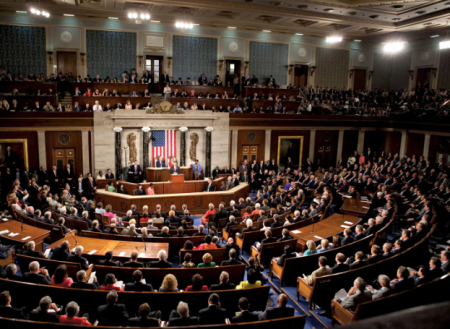The Nigerian Financial Intelligence Unit (NFIU) has issued a stark warning regarding a dramatic escalation in suspicious financial transactions originating from Nigeria and flowing into Dubai and Hong Kong. These two jurisdictions have been identified as emerging global epicenters for illicit financial flows, posing a significant threat to the integrity of the Nigerian financial system and the global fight against financial crime. The NFIU’s report, released in May 2025, reveals a staggering increase in Suspicious Transaction Reports (STRs) linked to these two regions, with 401 reports filed between January 2021 and September 2024, representing a total value exceeding N48 billion. This alarming trend underscores the urgent need for enhanced vigilance and proactive measures by Nigerian financial institutions and regulatory bodies to combat the growing tide of illicit finance.
The breakdown of the STRs reveals a disproportionate concentration of suspicious activity directed towards Dubai. While only 185 of the 401 STRs were linked to Dubai, these transactions accounted for the lion’s share of the total value, reaching a staggering N29.6 billion. Hong Kong, while the destination for a larger number of STRs (216), accounted for a lower overall value of N18.6 billion. This disparity highlights the potential for higher-value illicit transactions flowing through Dubai, demanding heightened scrutiny and more robust due diligence measures for transactions destined for this particular jurisdiction. The NFIU emphasizes the critical importance of Enhanced Due Diligence (EDD) for all transactions involving these two hotspots.
The NFIU report reveals a disturbing trajectory of escalating suspicious financial activity directed towards Dubai and Hong Kong. In 2021, a mere two STRs were reported, valued at a relatively modest N42 million. However, by 2024, the situation had drastically deteriorated, with the number of STRs skyrocketing to 202, representing a combined value of N32 billion. This exponential growth in both the number and value of suspicious transactions over a relatively short period paints a stark picture of the rapidly evolving threat landscape and necessitates a swift and decisive response from Nigerian authorities.
Several factors contribute to the attractiveness of Dubai and Hong Kong as conduits for illicit financial flows. The NFIU attributes this alarming trend to a confluence of complex regulatory loopholes, the proliferation of shell companies and offshore accounts, and weak enforcement mechanisms in both jurisdictions. These vulnerabilities create a fertile ground for criminal networks seeking to exploit the financial system for their illicit gains. The anonymity afforded by shell companies and offshore accounts, coupled with lax regulatory oversight, enables criminals to obscure the true origin and beneficiaries of their funds, making it difficult to track and trace illicit financial activities.
Dubai, a prominent financial and commercial hub in the Middle East, presents a unique set of challenges in the fight against money laundering. Its strategic geographical location, coupled with a flourishing real estate market and a business-friendly environment, attracts both legitimate investors and criminal actors. This duality of purpose makes it difficult to distinguish between legitimate and illicit financial flows, requiring sophisticated analytical tools and robust due diligence processes. The report highlights the 2020 Dubai Leaks scandal, which exposed the ownership of significant real estate assets in Dubai by individuals facing international sanctions, alleged criminals, and politically exposed persons (PEPs), further underscoring the city’s vulnerability to exploitation by illicit actors.
Hong Kong, a major financial hub in Asia, faces similar challenges in its fight against money laundering. Its role as a prominent international finance center and gateway to mainland China places it at a critical juncture in global financial flows, making it a prime target for money launderers seeking to integrate their illicit proceeds into the legitimate financial system. The report notes that Hong Kong has been implicated in several high-profile money laundering cases involving major international banks, highlighting the ongoing struggle to balance financial openness with effective regulatory oversight. The NFIU stresses the urgency of strengthening regulatory frameworks and enhancing international cooperation to effectively address the transnational nature of financial crime.
The NFIU’s advisory serves as a clarion call to action for all Nigerian financial stakeholders. The report urges financial institutions and regulators to implement Enhanced Due Diligence procedures, fortify transaction monitoring frameworks, and prioritize the timely reporting of suspicious transactions linked to Dubai and Hong Kong. The NFIU emphasizes the importance of proactive measures to prevent the abuse of the financial system and protect Nigeria’s reputation on the global stage. Failure to act decisively, the report warns, could expose the country to deeper financial crime risks and irreparable damage to its international standing. The NFIU calls for a concerted and collaborative effort between financial institutions, regulatory bodies, and law enforcement agencies to effectively combat the growing menace of illicit financial flows and safeguard the integrity of the Nigerian financial system. The advisory serves as a timely reminder of the shared responsibility in upholding the principles of financial integrity and combating the ever-evolving threats posed by financial crime.













